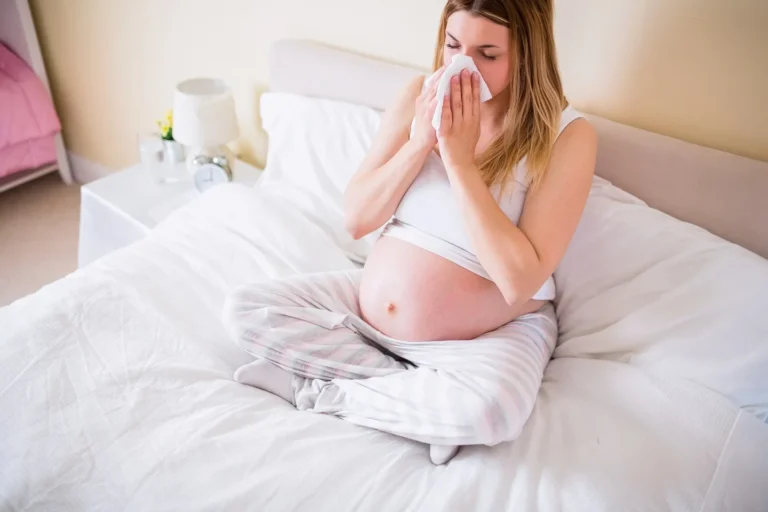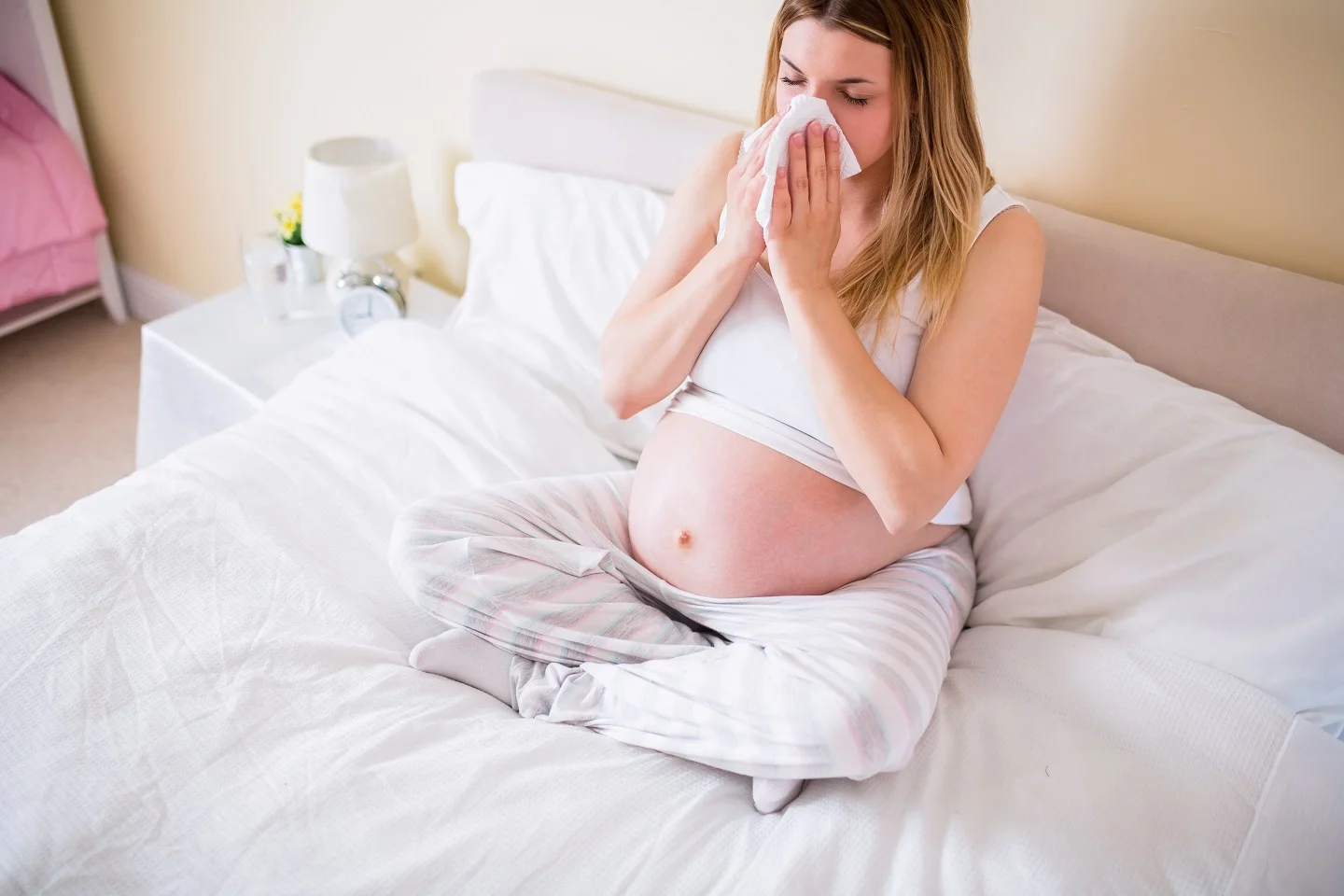Recently, experts have observed an increase in infections with Parvovirus B19 among expectant mothers. This illness is particularly dangerous during pregnancy, as it can lead to serious complications for the fetus. Learn how infection occurs and what risks Parvovirus B19 poses during pregnancy.
Parvovirus in pregnancy – what kind of illness is it?
Parvovirus is a viral childhood illness caused by the Parvovirus B19 pathogen. It usually affects preschool-aged children and is known as “fifth disease” or erythema infectiosum. In children, the illness is generally mild. Around one fifth of infected individuals show no symptoms at all. However, the virus can cross the placental barrier and pose significant risks to the fetus.
Parvovirus in pregnancy – symptoms
Many people have already had fifth disease at some point in their lives, often without knowing it, and have developed immunity as a result. However, it is possible for the illness to occur later in life—such as during pregnancy. Affected women may experience symptoms like rash, runny nose, cough, or general fatigue, which are often mistaken for a mild cold. For the mother, the infection is usually not dangerous. Nonetheless, close monitoring is essential—particularly through Doppler ultrasound—to detect any potential complications for the fetus early on.
Parvovirus in pregnancy – contamination
Parvovirus is primarily spread through droplet infection—usually via contact with an infected child. The highest risk of transmission occurs before the rash appears. Once the rash is present, the child is no longer considered contagious. Pregnant women who already have older children at home are at particularly high risk. For this reason, expectant mothers should be cautious when dealing with young children and should avoid contact with large groups of kids whenever possible. Children can also carry other infectious diseases such as chickenpox or rubella, which can also have serious consequences for the fetus.
Parvovirus in pregnancy – possible complications
Infection with Parvovirus during pregnancy can lead to fetal anemia, which may result in hydrops fetalis (generalized fluid accumulation) or even intrauterine fetal death. The infection is especially dangerous if it occurs between the 15th and 20th weeks of pregnancy. If a pregnant woman has been in contact with an infected child or develops symptoms herself, detailed ultrasound diagnostics are crucial.
Parvovirus in pregnancy – what to do
After contact with someone infected with fifth disease during pregnancy, an antibody test is recommended. This test shows whether the woman has already had the infection and whether the antibodies are from a past infection or were newly formed. If an active infection is present, regular ultrasound monitoring is necessary—especially to assess blood flow velocity in the middle cerebral artery (MCA). An elevated peak systolic velocity (MCA-PSV) indicates fetal anemia and requires medical intervention.
In such cases, the pregnant woman should be referred to a specialized center. There, a cordocentesis (umbilical cord puncture) will be performed to measure the fetus’s hemoglobin level. If anemia is confirmed, an intrauterine blood transfusion can be planned.
The good news: If the infection is detected in time and properly treated, the prognosis is very good. The pregnancy can usually continue normally and without complications.











